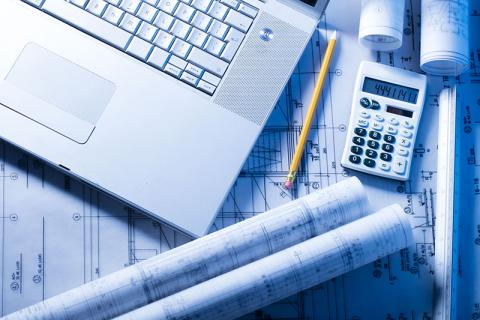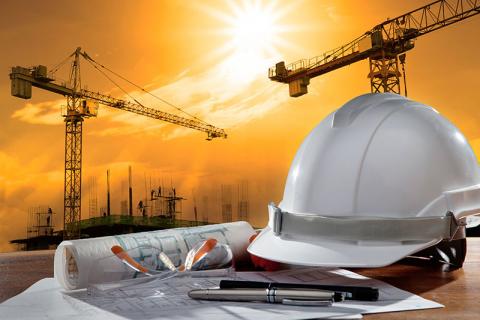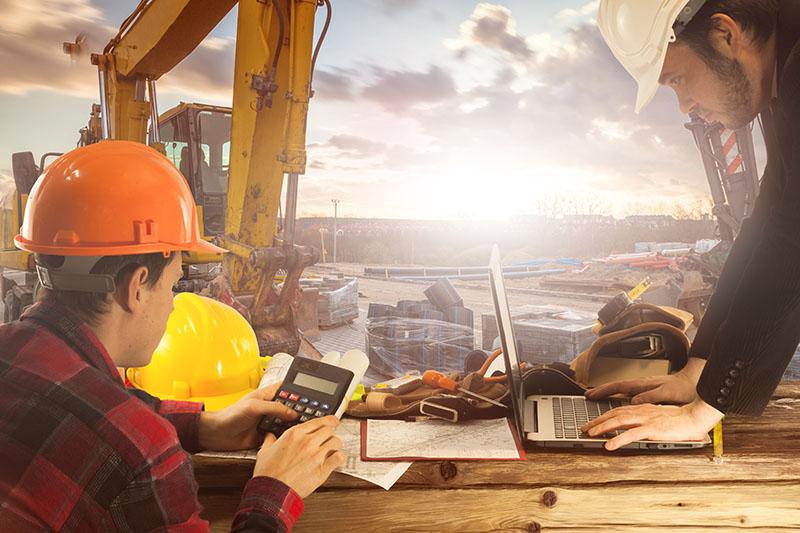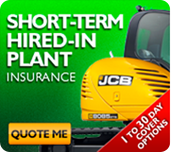So, you’ve decided that you need some plant machinery on site; this could be because you have some big contracts coming up, you wish to broaden your company’s capabilities, or you have existing equipment in need of replacement. At this point, you will need to decide whether investing in machinery or hiring equipment is best. How do you decide when to buy and when to rent what you need?
There are ups and downs to both renting and purchasing your own equipment. The first thing you should do is evaluate your current financial situation and capabilities, your schedule, and future plans for the business and its development. This is the best way to determine which means of acquiring plant machinery is best for your company and clients. Affordability and the initial investment is, of course, a huge factor, however, it isn’t the only facet you should consider.
From usage and availability to maintenance, there is a lot to think about. Here’s a quick guide to making that all-important decision yourself:
Your current and forecasted financial situation
Rent:
Obviously, you need to carefully consider whether you have the capital to purchase your own equipment or whether you would be better off renting for now. Look beyond your current situation and think of the long-term costs over several months or even years wherever possible. Buying may be a large one-off investment, but the outlay for renting can multiply over a long period of time and work out more expensive – particularly if there are times when the machine will be standing idle.
Renting your plant machinery means no upfront investment and you only need to pay for machinery when you use it. What’s more, the fee you pay is an all-inclusive cost which covers repairs and maintenance, so you won’t be faced with an unexpected and expensive bill. In some cases, you can even offset hiring costs against taxes.

Buy:
By owning your machinery outright, you can expect a return on investment when you sell the equipment. You won’t need to counter in the spiralling cost of rental so buying your own machine will be more cost-effective, especially if you plan on using it long term across a number of projects.
Don’t forget, you don’t have to buy brand new equipment. You may decide to purchase good quality used equipment which could still be under warranty. You may be able to finance your purchase with low rates which can be cheaper than rental payments and offer you peace of mind that the machine can be yours at the end of the agreement.
Repairs and maintenance
Rent:
It’s understandable to be concerned about what might happen if your equipment breaks down. Not only will it cost you to repair, it will also cost you in downtime. Renting your plant machinery saves time, money and resources which would otherwise be dedicated to maintenance as this responsibility falls upon the hire company.
There are no operating costs to consider when renting and you will be provided with the very latest, fully serviced equipment in working order. Where repairs or updates are needed, the work can be implemented by the hire company at no cost to your business.
Buy:
As the owner of a machine, you have full responsibility for the maintenance of your own equipment. Though, as the sole user of the plant, you have greater control over how and when the equipment is used, ensuring that you will benefit from a long service life if you use and maintain your investment correctly.
Flexibility
Rent:
The ability to choose your machinery at will and in line with your schedule is very attractive to renters. You can easily arrange for an item of equipment to become yours for a pre-determined period which covers your project and enables you to return the machine when the work is done.
This flexibility makes it easy to schedule jobs and equipment and you will also benefit from the knowledge and experience of a company whose employees work with these machines every day and will be on hand to assist you whenever required. With access to a wide range of equipment, you can hire and return based on the needs of your project. Rental also gives you the opportunity to hire a specialist piece of equipment which you may only need for the duration of a single project. If you don’t own the machine, you don’t need to worry about depreciation and when you should sell the item for the best return on your investment.

Buy:
When you own plant machinery, you have more flexibility in how it is deployed. Your equipment is available to you 24/7 which allows you to take on a job at a moment’s notice and complete a project with less downtime – you don’t need to spend time searching for a company with the machinery you need available to hire.
What’s more, you don’t need to pay charges for time spent waiting if a project is delayed. Rental costs can add up if a project unexpectedly becomes a long-term assignment, whereas your own equipment is always ready to go without notice and with no need to transport the machine from the hirer’s depot. If required, multi-purpose machines can be purchased which do more than one job. By purchasing your own machinery, you can also expect to profit from the sale of the machine once it is deemed to be of no use.
Choose which is right for you
There is no right or wrong answer in this. The situation you find yourself in will define whether it’s better for you to rent an item or invest in your fleet. By keeping the above points in mind, you should be able to determine the best way for your company to proceed.






